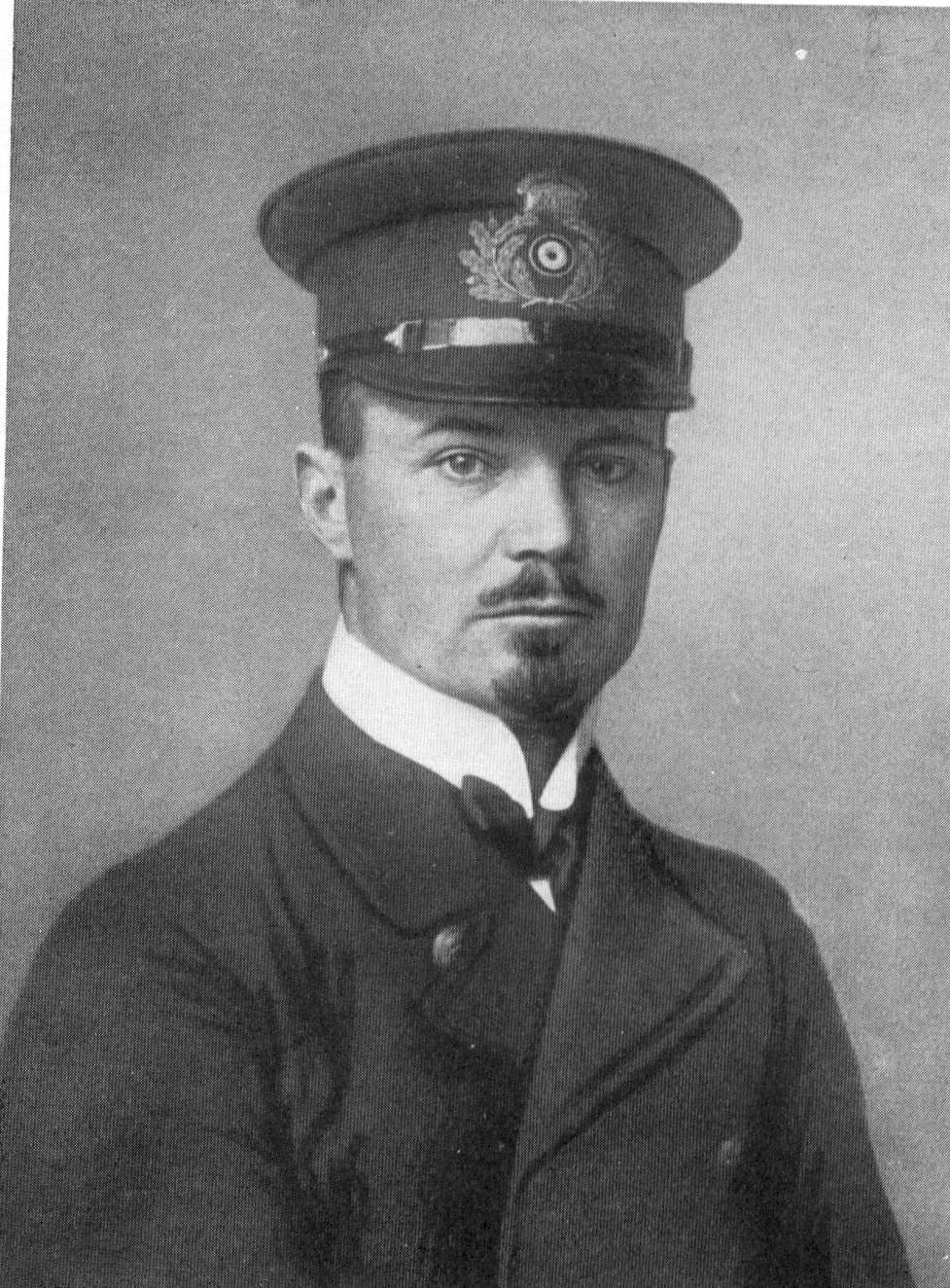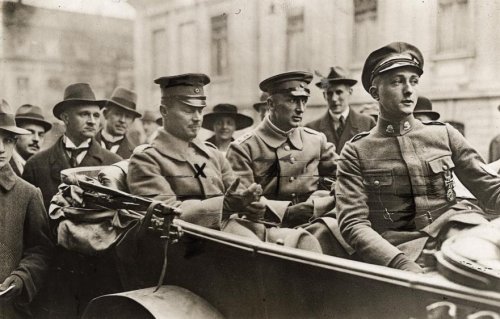|
Ehrhardt
Ehrhardt is Old High German for "Ehre" = ''honour'' and "hard" = ''strong''. It may refer to: * Ehrhardt, South Carolina * Ehrhardt (automobile), a German automobile * Marinebrigade Ehrhardt, a Freikorps group after World War I * Hermann Ehrhardt, the German Freikorps commander after whom the Marinebrigade Ehrhardt was named * Ehrhardt (surname) Ehrhardt is a German surname. Notable people with the surname include: * Annelie Ehrhardt (born 1950), German athlete * Arthur Ehrhardt (1896–1971), German Waffen-SS officer and leading figure in the post-war neo-Nazi movement * Clyde Ehrhardt ( ... * Ehrhardt (typeface), an old-style serif typeface used in many books * Tom Ehrhardt, former American football quarterback {{disambiguation ... [...More Info...] [...Related Items...] OR: [Wikipedia] [Google] [Baidu] |
Old High German
Old High German (OHG; german: Althochdeutsch (Ahd.)) is the earliest stage of the German language, conventionally covering the period from around 750 to 1050. There is no standardised or supra-regional form of German at this period, and Old High German is an umbrella term for the group of continental West Germanic dialects which underwent the set of consonantal changes called the Second Sound Shift. At the start of this period, the main dialect areas belonged to largely independent tribal kingdoms, but by 788 the conquests of Charlemagne had brought all OHG dialect areas into a single polity. The period also saw the development of a stable linguistic border between German and Gallo-Romance, later French. The surviving OHG texts were all written in monastic scriptoria and, as a result, the overwhelming majority of them are religious in nature or, when secular, belong to the Latinate literary culture of Christianity. The earliest written texts in Old High German, glosses and i ... [...More Info...] [...Related Items...] OR: [Wikipedia] [Google] [Baidu] |
Ehrhardt, South Carolina
Ehrhardt is a town in Bamberg County, South Carolina, United States. As of the 2010 census, the town population was 545. History Ehrhardt was named for Conrad Ehrhardt (1832-1908), a German emigrant to South Carolina and successful saw mill operator, who was also the progenitor of a prominent local family of that name. The Copeland House and Rivers Bridge State Park are listed on the National Register of Historic Places. Geography Ehrhardt is located in southern Bamberg County at (33.095899, -81.013226). U.S. Route 601 runs through the town, leading north to Bamberg, the county seat, and south to Hampton. South Carolina Highway 64 crosses US 601 in Ehrhardt, leading southeast to Walterboro and northwest to Barnwell. According to the United States Census Bureau, Ehrhardt has a total area of , all of it land. Demographics As of the census of 2000, there were 614 people, 253 households, and 154 families residing in the town. The population density was 193.1 people per ... [...More Info...] [...Related Items...] OR: [Wikipedia] [Google] [Baidu] |
Ehrhardt (automobile)
The Ehrhardt was a German automobile manufactured from 1905 until 1924. The company was founded by Gustav Ehrhard, son of Heinrich Ehrhardt of Dixi. Its operations were centered at Zella-St-Blasii and at Düsseldorf. Ehrhardts came in two- and four-cylinder models of high quality and price. The largest was a 7956cc four-cylinder which had four-wheel brakes by 1913. After 1918, the factory produced a 40 hp four-cylinder and a 55 hp six-cylinder, both luxury cars with ohc engine An engine or motor is a machine designed to convert one or more forms of energy into mechanical energy. Available energy sources include potential energy (e.g. energy of the Earth's gravitational field as exploited in hydroelectric power gen ...s. Ehrhardt was succeeded in 1924 by Ehrhardt-Szawe. References * Defunct motor vehicle manufacturers of Germany {{vintage-auto-stub ... [...More Info...] [...Related Items...] OR: [Wikipedia] [Google] [Baidu] |
Marinebrigade Ehrhardt
The Marinebrigade Ehrhardt, also known as the Ehrhardt Brigade, was a Freikorps unit of the early Weimar Republic. It was formed on 17 February 1919 as the Second Marine Brigade from members of the former Imperial German Navy under the leadership of Hermann Ehrhardt. The Brigade was used primarily in the suppression of the Bavarian Soviet Republic and the First Silesian Uprising, both in the first half of 1919. In March 1920, faced with its imminent disbanding by orders of the government in Berlin, the Marine Brigade was one of the main supporters of the Kapp Putsch that tried to overthrow the Weimar Republic. After the putsch failed and the Brigade was disbanded in May, many of the former members formed the secret Organisation Consul under Ehrhardt's leadership. Before it was banned in 1922, it carried out numerous assassinations and murders in a continuation of the attempts to overthrow the Republic. Formation and structure On 27 January 1919, during the Revolution ... [...More Info...] [...Related Items...] OR: [Wikipedia] [Google] [Baidu] |
Hermann Ehrhardt
Hermann Ehrhardt (29 November 1881 – 27 September 1971) was a German naval officer in World War I who became an anti-republican and anti-Semitic German nationalist Freikorps leader during the Weimar Republic. As head of the Marinebrigade Ehrhardt, Marine Brigade Ehrhardt, he was among the best-known Freikorps leaders in the immediate postwar years. The Brigade fought against the local soviet republics that arose during the German Revolution of 1918–1919 and later was among the key players in the anti-democratic Kapp Putsch of March 1920. After the Brigade's forced disbanding, Ehrhardt used the remnants of his unit to found the Organisation Consul, a secret group that committed numerous politically motivated assassinations. After it was banned in 1922, Ehrhardt formed other less successful groups such as the ''Viking League, Bund Viking'' (Viking League). Because of his opposition to Adolf Hitler, Ehrhardt was forced to flee Germany in 1934 and lived apolitically in Austria ... [...More Info...] [...Related Items...] OR: [Wikipedia] [Google] [Baidu] |
Ehrhardt (surname)
Ehrhardt is a German surname. Notable people with the surname include: * Annelie Ehrhardt (born 1950), German athlete * Arthur Ehrhardt (1896–1971), German Waffen-SS officer and leading figure in the post-war neo-Nazi movement * Clyde Ehrhardt (1921–1963), American football offensive lineman * Johann Heinrich Ehrhardt (1805-1883), German locomotive manufacturer and inventor * Heinrich Ehrhardt (1840-1928), German industrialist, nephew of Johann Heinrich * Helmuth Ehrhardt, German psychiatrist * Hermann Ehrhardt (1881–1971), German Freikorps commander * Karl Ehrhardt (1924–2008), iconic New York Mets' fans * Paul Ehrhardt (1888-1981), German painter * Rube Ehrhardt (1894–1980), American baseball pitcher See also * Heinz Erhardt (1909–1979), German entertainer * Herbert Erhardt Herbert "Ertl" Erhard (6 July 1930 – 3 July 2010), also known as Herbert Erhardt, was a German footballer who played as a defender. Club career Erhard played for SpVgg Fürth and Bayern ... [...More Info...] [...Related Items...] OR: [Wikipedia] [Google] [Baidu] |
Ehrhardt (typeface)
Ehrhardt is an old-style serif typeface released by the British branch of the Monotype Corporation in 1938. Ehrhardt is a modern adaptation of printing types of "stout Dutch character" from the Dutch Baroque tradition sold by the Ehrhardt foundry in Leipzig. These were cut by the Hungarian-Transylvanian pastor and punchcutter Miklós (Nicholas) Tótfalusi Kis while in Amsterdam in the period from 1680 to 1689. From 1937 to 1938, Monotype re-cut the type for modern-day usage, and it has become a popular book typeface. Ehrhardt has a slightly condensed design, giving it a strongly vertical, crisp appearance. Historical background Miklós Kis, a Transylvanian Protestant pastor and schoolteacher, became deeply interested in printing after being sent to Amsterdam to help print a Hungarian Protestant translation of the Bible. This was a period of considerable prosperity for the Netherlands and a time when its styles of printing were very influential across Europe, making it a cen ... [...More Info...] [...Related Items...] OR: [Wikipedia] [Google] [Baidu] |
.jpg)


